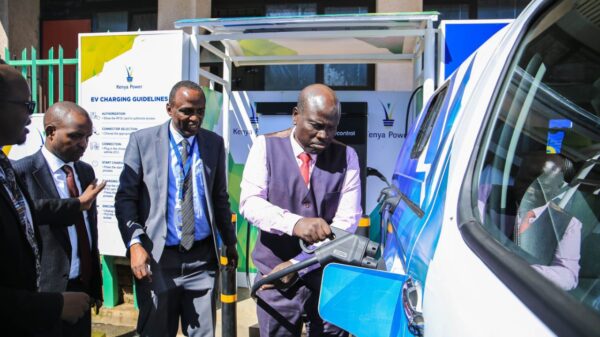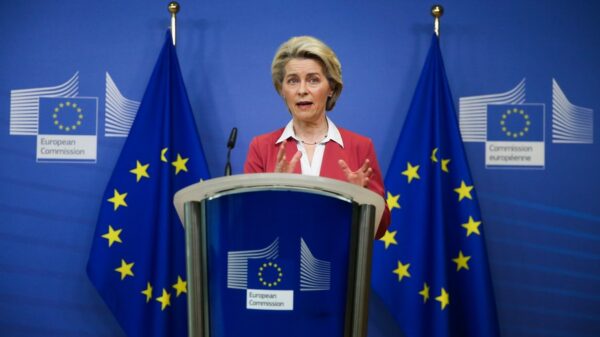NAIROBI, Kenya, Jun 3 – A section of financial experts reckons that the government should not shy away from borrowing from the domestic market to finance the country’s development projects.
Deloitte East Africa Director John Kiarie said on Thursday that for the country to transform into a middle income state in the long term, it still requires heavy investments that can be funded from locally generated funds.
“There is no need for the government to worry about limiting the borrowing to 40 percent of GDP (Gross Domestic Product) when we don’t have a lot of infrastructure and other amenities. We need roads, we need schools, ports and hospitals, so if the government were to borrow I think there’s nothing wrong,” he argued.
The government has in the past said the country’s debts are sustainable and has tried to maintain the ratio of its net present value of public debt to GDP within the international best practices of below 40 percent. As at March this year, the country’s total debt stood at Sh1.17 trillion with domestic debt accounting for Sh540 billion.
But while he appreciated that this strategy could have been adopted to keep the country’s debts at manageable levels, Mr Kiarie said what the government should be wary of is external borrowing which can leave the country vulnerable to exchange rates fluctuations.
Going by the success of the previously floated infrastructure and corporate bonds, he added that there’s potential for the secondary and domestic market to finance development projects thus the need to provide incentives.
There have been fears that if the government continues to borrow heavily from the domestic market, this could lock out the private sector and have a negative effect on interest rates as well as push up inflationary pressures that the government has tried so hard to stabilise.
To guard against destabilising the macroeconomic environment however, the consultant said such measures should not be hastily implemented and the government should balance between demand and supply of such instruments.
“The government is doing a commendable job on the macroeconomic policy but it should keep trying to balance the fiscal and macroeconomic policies so that we can be able to get the best of both worlds,” he added.
The director spoke during a pre-budget media briefing where Deloitte said for the government to achieve the objectives as set out in the budget, there’s a need to address the disconnect between how it is formulated and how it is implemented. This would help avoid situations where funds allocated for various projects are not disbursed for their intended purposes and end up being returned to Treasury.
To find out what the private sector in Kenya, Uganda, and Tanzania would be expecting to hear in the upcoming budgets, the auditing firm conducted a survey where majority of the respondents said they would like to see the various taxations come down.
The highly emotive subject of Value Added Tax (VAT) refunds, which impacts on firms’ cash flows, also came up with many saying that they would want to get timely refunds. If that failed, the governments were also asked to consider offsetting other taxes such as instalment tax against the pending claims.
The firm’s Partner Nikhil Hira pointed out that as the climate change becomes a major issue in the region, the governments should also consider coming up with legislations that reward environmentally conscious businesses while punishing the polluters.



































